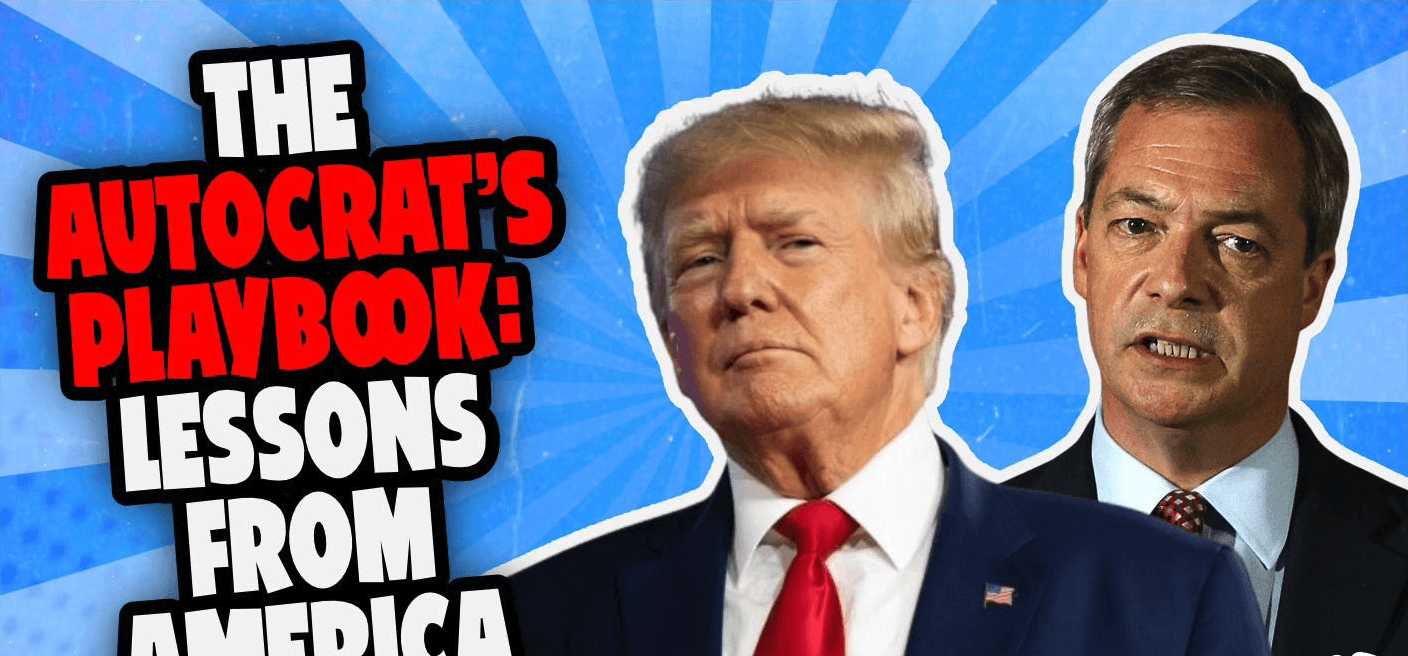Apr 30, 2025
Britain Wants Change — But Will the System Allow It?
Why tomorrow’s elections may deepen political distrust and why we urgently need electoral reform.
It’s happened. As many including us have been warning for weeks, Reform UK has clinched the Parliamentary by-election in Runcorn and Helsby—by just six votes.
But as we scan the polls and projections, one trend cuts through all the noise:
The real winner tomorrow may be political distrust and discontent.
The Cracks in Two-Party Politics
For decades, Labour and the Conservatives have dominated British politics, an era stretching back to Clement Attlee’s postwar government. But those days are fading fast. The last General Election was already the least two-party election in British history, with voters drifting toward alternative parties.
And yet, under the First-Past-The-Post (FPTP) system, those votes translated into a deeply disproportionate result, preserving the two-party status quo.
Tomorrow’s elections will deliver another major challenge to that old establishment. In Runcorn and Helsby—a seat Labour easily took last year—Reform UK now threatens a stunning upset. But it’s not just about Farage. The Greens and Liberal Democrats are on track to pull twice as many Labour voters as Reform, fracturing the party’s core support.
Meanwhile, the Conservatives are bleeding votes in both directions, losing ground to Reform on the right and fending off Liberal Democrat surges even in their heartlands.
The old party loyalties are crumbling. In their place, a volatile, anti-establishment mood is sweeping across the political spectrum.

A Public Cry for Renewal
It’s easy to blame public anger on recent scandals: the Conservatives’ egregious missteps, or the milder but still damaging lobbying controversies under Starmer. But the discontent runs deeper.
Britain is gripped by a sense of national decline, political stagnation, and institutional failure. Westminster has sent a clear message in recent years: politicians don’t care.
We’ve shown before that most Britons now associate politicians with corruption and self-service. Trust in politics hasn’t just slipped—it’s fallen off a cliff.
Voters no longer want minor tweaks or reshuffles. They want true political renewal—and they don’t believe the old parties can deliver it.
A Broken System Blocking Change
Amid all this upheaval, one thing remains depressingly constant: Britain’s broken electoral system.
First-Past-The-Post is not built for political diversity. It locks in two-party dominance, even when voters are trying to break free.
This is the quiet tragedy of the moment: the hunger for change is real, deep, and widespread—but the system smothers alternative voices. Worse, without reform, we risk sliding into an even more toxic two-party dynamic, with Reform UK dominating the right. That means more poisonous rhetoric, more mud-slinging, and more narrow battles over tiny slices of the electorate.
Meanwhile, most voters—especially those outside marginal seats—will continue to be sidelined. And the issues that really matter, from household bills to the climate crisis to stagnant wages, will be drowned out by Reform’s noise and distraction.
The Path Forward: Electoral Reform
Tomorrow’s elections will confirm one thing: Britain is ready for a different kind of politics. The real question is whether our democratic system will be rebuilt to reflect it.
We already know the way forward: a National Commission on Electoral Reform (NCER).
In the wake of these elections, we will be ramping up our campaign to push Starmer’s government to act. Over 17,000 people are already behind us.




